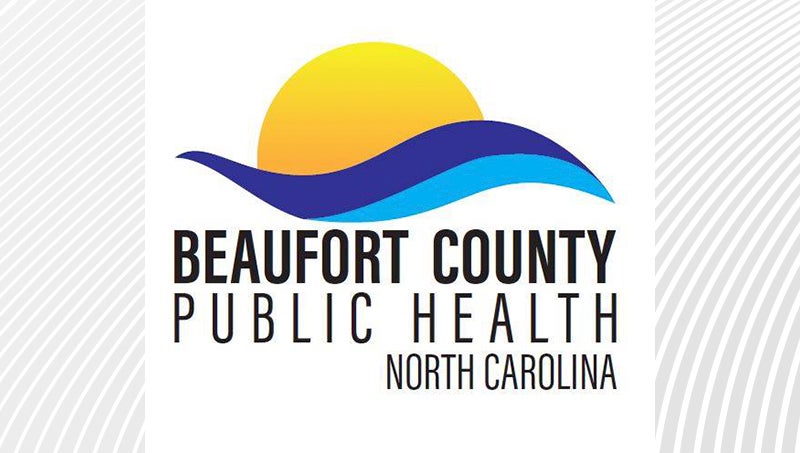Underground Railroad Museum to be showcased in new PBS series
Published 6:30 am Wednesday, August 9, 2023
|
Getting your Trinity Audio player ready...
|
By Clark Curtis for the Washington Daily News
Rebecca Ward, a producer/director with PBS North Carolina, has embarked upon a new digital-first You Tube series, “Let’s Go There”, which is scheduled to begin airing in 2024. “I grew up in North Carolina and I wanted to choose subjects that I could dive into that would be representative of the entire state,” said Ward. “I will be exploring the mysterious and underreported aspects of North Carolinas’ rich history, revealing unknown historical facts, and encouraging the curious traveler to discover the state themselves.”
The second episode of the series, “How did the Underground Railroad work in North Carolina,” will focus on the unheralded heroism of free and enslaved blacks who operated the Underground Railroad clandestinely through efforts such as urban vigilance committees and rescue squads. A topic of keen interest to Ward, because of family ties. “Last year I discovered that my fourth great grandfather was a station master at a station along the Underground Railroad in Wayne County,” said Ward. “I became fascinated about how it all worked and immersed myself in learning more about its history, which unveiled a lot of the romanticizations and fantastical lore associated with it. I learned that for a long time there has been a “White Savior” story centering around the Quakers in North Carolina, which is part of my heritage, and their involvement. I felt compelled to tell the truth about the story and give agency to people of color and let them tell their own stories, rather than the romanticized stories of white conductors helping nameless groups of people.”
This is what led Ward and her crew to recently visit Washington to speak with the director of the Washington Waterfront Underground Railroad Museum, Leesa Jones. “Part of the narrative about the the Underground Railroad, exists right here in Washington,” said Ward. “I wanted to meet with Leesa, see the museum first hand, and learn more about her work and the history of the maritime Underground Railroad and the significant role it played in North Carolinas’ history.
For Jones, who travels locally and around the country, this is yet another opportunity for her to speak about Washingtons’ key role with the Underground Railroad in North Carolina. “This PBS series allows me to be a voice with other historians and curators of museums from around the state and to share the history of the Underground Railroad and how it was so interconnected throughout North Carolina,” said Jones. “Through these narratives we will be able to correct some of the myths of how “White Saviors” came directly onto the plantations and provide information that was previously undiscovered. In so many cases, the enslaved self-emancipated and worked closely with local abolitionists or Black ship pilots. To have these stories encapsulated together as part of this series, will give them their proper place in history.
Ward said she had a lot of soul searching to do as she embarked on the story of the Underground Railroad. “I had to ask myself as a white producer, is it even possible for me to produce a story on the Underground Railroad,” said Ward. “And in the end I said yes, but with disengagement. This took a lot of self education and the interviewing of Black historians. In the end I feel that by decentering myself as the host, we could provide a platform for Black folks to tell their own history.” And entire episode of the series will be dedicated to the Great Dismal Swamp Maroons, those who lived in the swamps after escaping enslavement.
Other topics to be explored in the new series will include, why is the North Carolina coast called the Graveyard of the Atlantic?, and the exploration of an old Cold War spy station in the Pisgah National Forest.









